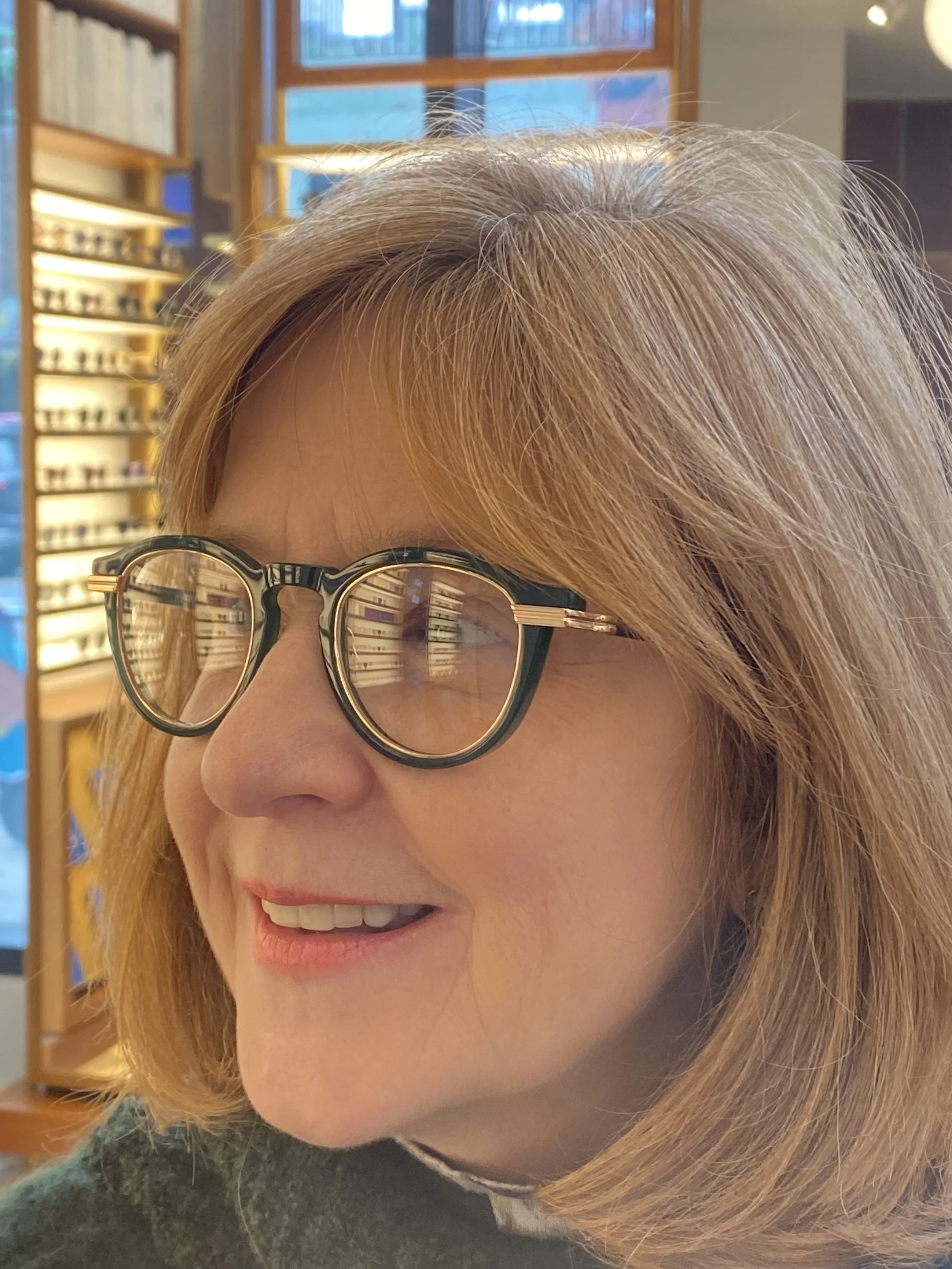Who I Am and Why I Do This
Susan Brooks, JD, ACC*
There is no world in which I could have intentionally charted a path for the career I have. Like many, I went to law school because I was a liberal arts major with no other obvious career path. This was the first of many career moves I made with little serious deliberation and a startling lack of self-awareness. I am not a detail person! What was I thinking? I wasn’t, that’s the problem. That came into stark relief as I began practicing at a large law firm. While I loved the people and the intellectual camaraderie, I had zero interest in the day to day realities of practicing law. So I quit with no plan and no job lined up. I lived in a continual state of openness, which sounds great, but in reality is a euphemism for aimlessness.
Had I really explored what I wanted, what would be enjoyable, fulfilling and how I could fully use my unique gifts and talents, I think it is likely this is where I would have ended up — coaching attorneys who are navigating their careers and figuring out exactly what they want and how to get there. I just would have gotten here a lot sooner if I’d had a coach.
What I Have Learned
As the legal industry navigates continued economic and industry uncertainty, the tension between short-term financial management and long-term talent needs will only intensify.
Having been in the legal arena in various forms since 1988, this uncertainty is not new, but firms have not been nimble in responding to the unexpected.
The tension is exacerbated by an historical hiring approach (the summer associate/first-year pipeline) that is not supported by modern firm economics. This will only become more untenable as AI rears it’s head, as it already is upending decades of practice in how lawyers learn and work.
Further, performance management systems could serve their original purpose of honest performance evaluation that would better prepare attorneys for what might be next, but they require a level of candor and transparency that is rarely offered by partners and senior attorneys charged with providing feedback. The conversations can be difficult and are rarely substantive enough to give the attorneys actionable information to improve.
Outplacement services frequently are a last resort and not seen or utilized as a strategic business resource by the firm or for the departing attorneys.
It doesn’t have to be this way.
Enneagram-driven coaching can make the difference.
Legal Career Coaching for Strategic Positioning
The Catalyst Effect
Credentials & Experience
-
Susan received her Bachelor of Arts in Journalism and her Juris Doctor from Louisiana State University. Geaux Tigers!
-
Susan is a graduate of the Fielding Graduate University’s Evidence-Based Coaching Program. She attained the ACC certification from the International Coaching Federation, and she is certified in the Enneagram Assessment and the Five Behaviors Model for High Functioning Teams.
-
Susan began her career as an associate at Akin Gump. She then became an admissions officer at New York Law School and Georgetown University Law Center. She worked as the manager of attorney recruiting and the director of H.R. at Crowell & Moring in Washington DC. Since 2007, she has been a management consultant and executive coach. Her published works can be found in National Law Journal, Law Office Practice Today, Training magazine, Bloomberg BNA, and SHRM’s People + Strategy journal, among others.


